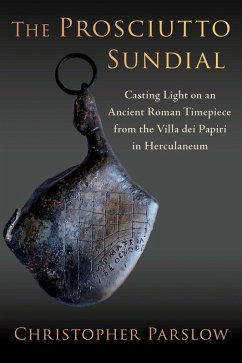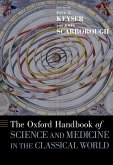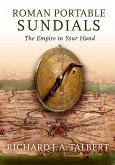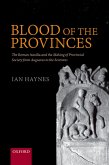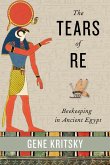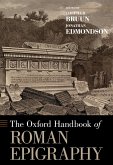The Prosciutto Sundial is the first comprehensive study of the sundial in the shape of a miniature prosciutto from the Villa dei Papiri in Herculaneum from its rediscovery in 1755 to modern times. Drawing on contemporary correspondence and manuscripts, early philological and scientific assessments, and later published accounts, it catalogs the many attempts by scholars and lay people alike to understand how it functioned. It explains the significance of its context in the Villa and, through the results of empirical analysis using a 3D model, highlights the remarkable accuracy of this unique ancient timepiece.
Dieser Download kann aus rechtlichen Gründen nur mit Rechnungsadresse in A, B, BG, CY, CZ, D, DK, EW, E, FIN, F, GR, HR, H, IRL, I, LT, L, LR, M, NL, PL, P, R, S, SLO, SK ausgeliefert werden.

